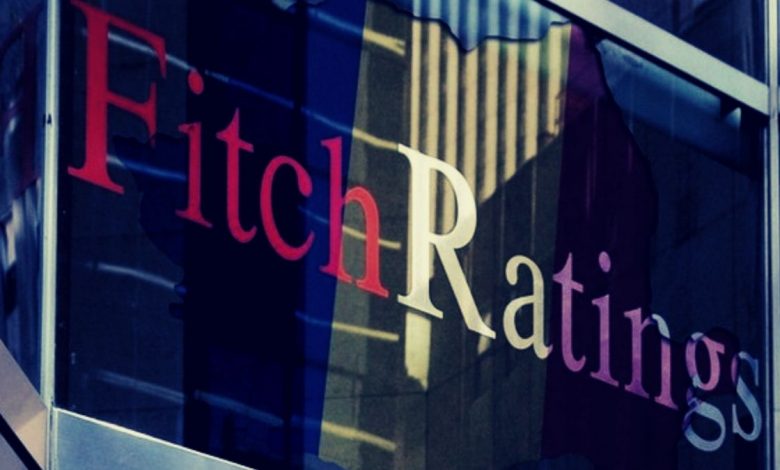Fitch Ratings says India’s bank privatisation plans can face hurdles amid Covid

Fitch said political support in favour of legislative changes to the Act which are required in order to go through with the sale can be a significant hurdle for the government.
Mumbai (Maharashtra) –
The Indian government‘s plan to privatise two state-owned banks in current financial year (FY22 ending March 2022) can face delays amid renewed challenges for banking sector, Fitch Ratings said on Monday.
The plan which was announced in the Union Budget speech on February 1 is part of the government’s broader divestment goals for FY22. It includes privatisation of several other non-financial state-owned entities as well as listing of wholly-owned Life Insurance Corporation (LIC), India’s largest life insurance company.
“We view the current privatisation plan as an extension of the government’s broader agenda to reform banking sector and reduce the number of state-owned banks further which have come down from 27 in 2017 to 12 in 2020 after three successive rounds of consolidation,” said Fitch.
“Nonetheless, the bold move to privatise state-run banks faces risk from political opposition and structural challenges including heightened balance-sheet stress due to Covid-19 pandemic, which is likely to keep bank performance subdued for the next two to three years.”

Fitch said political support in favour of legislative changes to the Act which are required in order to go through with the sale can be a significant hurdle for the government.
There can also be more resistance from the trade unions this time around who will be against the safety-net withdrawal of state ownership. Success of the plan will also require sufficient interest from investor(s) willing to acquire large stake(s) in state-owned banks and run them.
State banks in general have long been plagued with muted investor appetite due to structurally weak governance frameworks which have resulted in persistently weak performance, reflected in significant asset-quality problems.
The Covid-19 pandemic has further dampened business and consumer confidence with the impact on reported impaired loans manifesting potentially over an extended timeframe, considering various forbearance and relief measures by authorities.
State banks have played a more active role in extending these measures (given their quasi-policy mandate) than the private banks, which will make it more difficult to reasonably assess stress for the state banks, thus adding to the risk of weak earnings performance for a protracted period.
Fitch said state banks can also be difficult to manage. They have a significantly different culture and organisational practices (for example more bureaucratic) relative to private banks.
Similar challenges and the absence of meaningful investor interest resulted in the state ultimately having to sell its majority stake in IDBI Bank to LIC in 2019, which has somewhat been privatisation in letter but not in spirit.
However, this could change in 2021 if both government and LIC are able to divest a majority stake in the bank to an external investor, as it may be indicative of broader investor appetite in state banks with adequate loan-loss reserves.